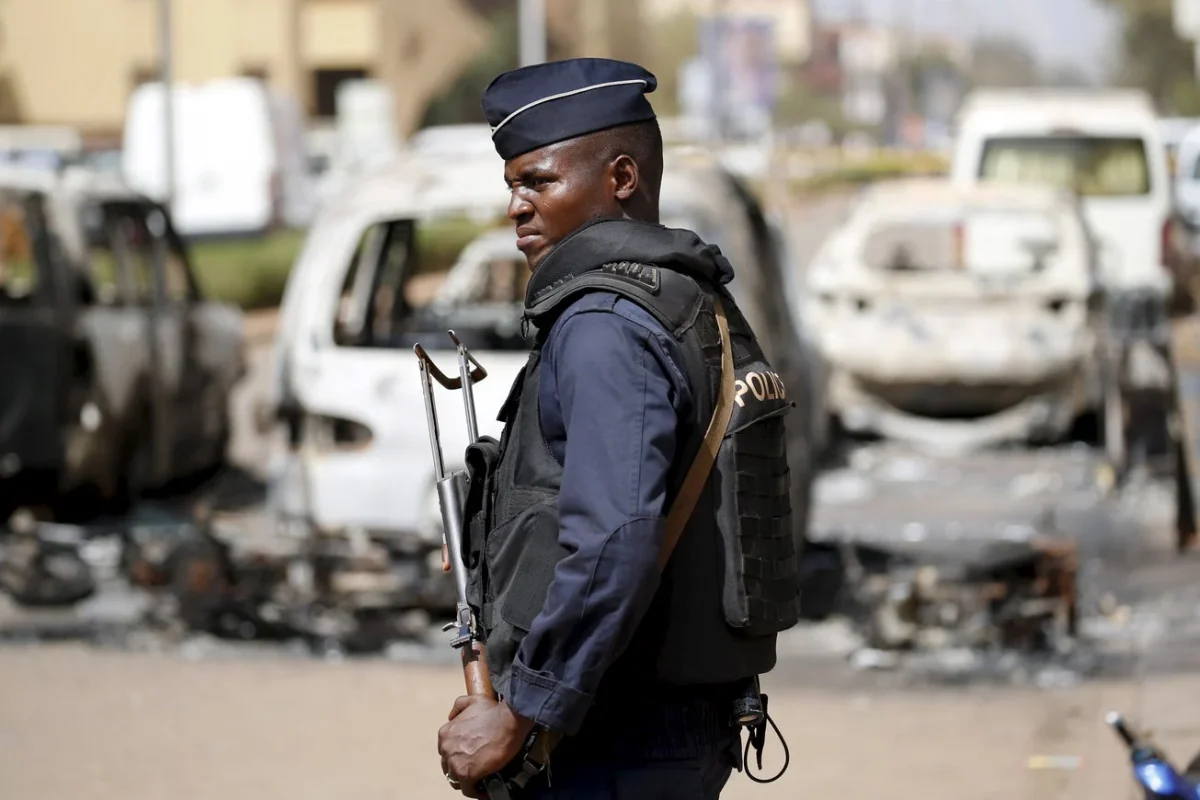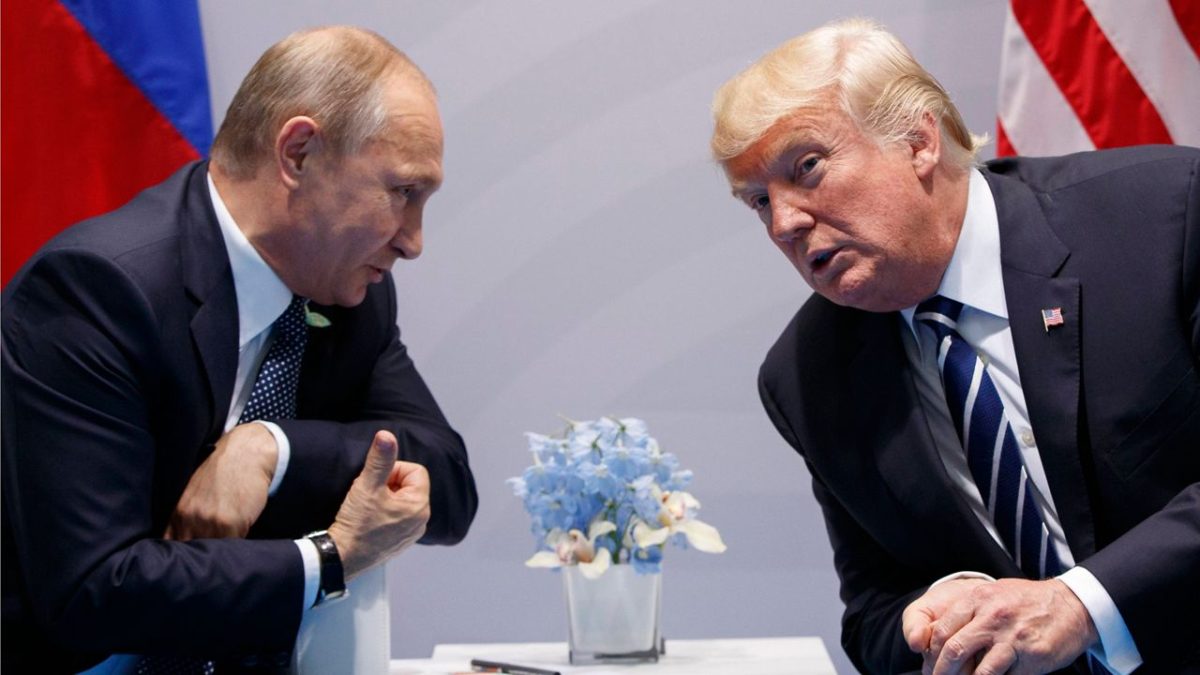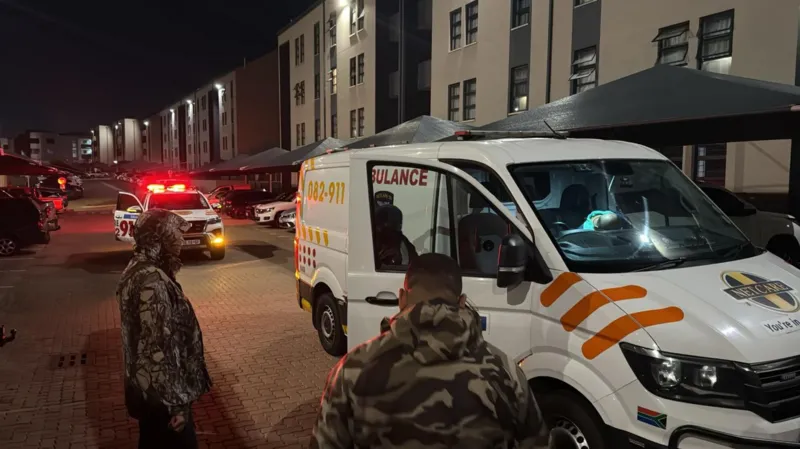The Sahel has been one of the most active regions in recent years for terrorism. Extremist groups infiltrate the cities of Somalia, Nigeria, Morocco, and Cameroon. To the south reigns Al-Shabaab, and to the east, Boko Haram. These groups operate with localized violence generating many deaths that destabilize countries and regions.
These terrorist groups threaten national security and disrupt these countries’ attempts to peacefully stabilize and develop the region. Innocent people are at great risk from extremist endeavors.
This week in Somalia, the National Intelligence and Security Agency (NISA) conducted an operation to displace Al-Shabaab insurgents, during which 27 members were rendered ineffective in the mission. The goal was to eliminate the group’s leader, unfortunately, after 12 hours stuck inside the compound, many were injured due to crossfire. In addition, the African Union Mission Forces infiltrated an Al-Shabaab training facility and destroyed a large cache of weapons and military vehicles belonging to Al-Shabaab.
Missions such as these restore hope for many Somalis who have been subjected to such rule for far too long, and perhaps, a famine-challenged, extremist-filled country is one step closer to proper reconciliation.
Simultaneously, over the past few years, the Boko Haram terrorist group has also attacked Cameroon. One of the major attacks in 2019 involved Boko Haram storming the region, resulting in 275 deaths – 225 of which were non-combatant citizens. One victim of the attack recounted, “The members of Boko Haram tried to drag a young boy away, but he clutched his grandmother with all his might, crying and saying that he did not want to leave. So Boko Haram killed the boy… Those who survived the assault were either mutilated or taken hostage,” the survivor recalled.
This incident is just one of many attacks that continue to terrorize and undermine the region.
Luckily, other nations have attempted to tackle the threat of terrorism by attempting to eradicate the terrorists. Such an idea is the partnership between Morocco and Spain to help each nation’s security, which led to the disbanding of an ISIS-linked terrorist cell with plans for the Sahel. Composed of nine members, three were neutralized during the operation – six were indicted in Spain. Moreover, the Moroccan General of Territorial Surveillance (DGST) arrested three of the affiliates in Tetouan and Fnideq.
It was a joint operation. This organization operated as a global crime syndicate with violent hopes against the West and specifically towards Jews, and as later searches found weapon and equipment for more nefarious purposes. Thus, this arrest was necessary to ensure no further breaches of national security for either nation.
These military operations are necessary, but they are temporary fixes. A permanent way to eradicate African terrorism would be preventing the creation of such groups in the first place. The African Union, United Nations, and superpowers coalition of need to establish efforts to do so, or for these starving souls, the only answer will eventually be joining extremist groups.









